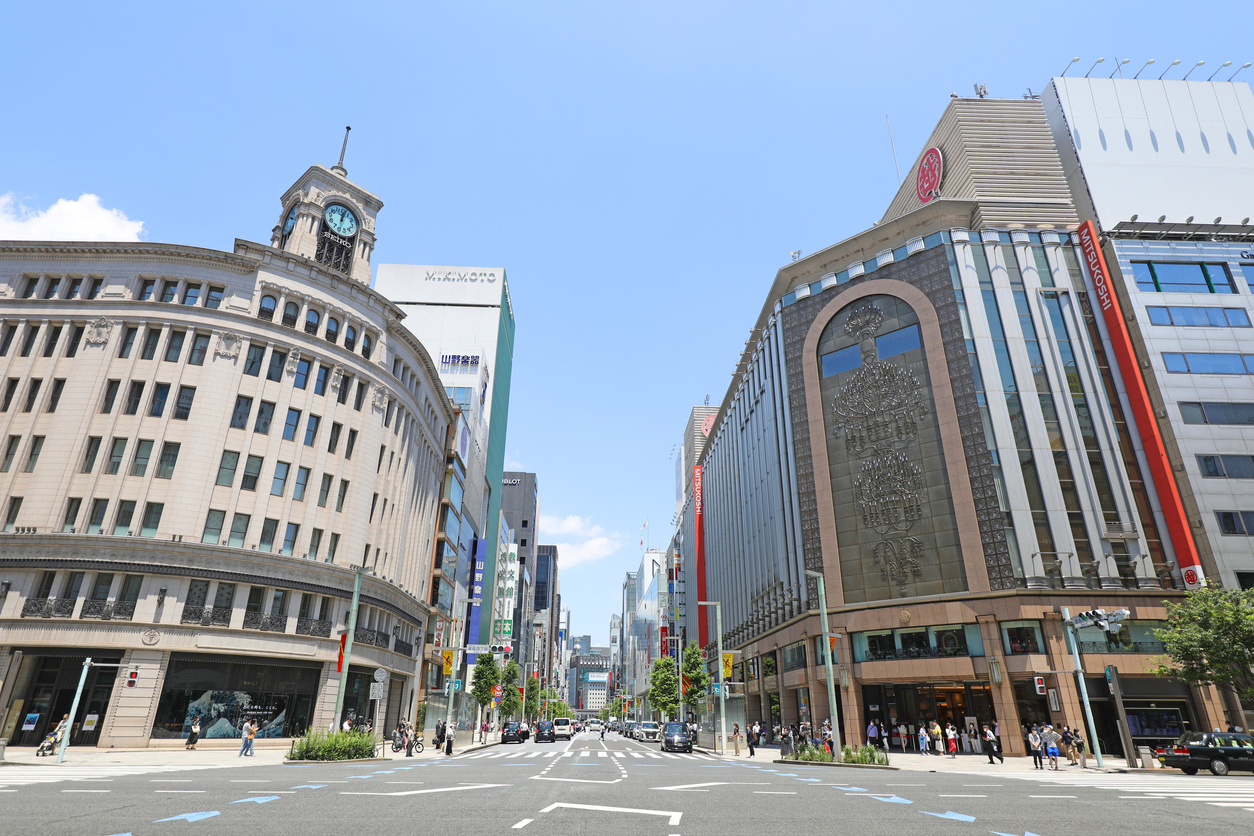2023/09/11
Is the Recent Trend of Restoration in the Japanese Department Stores Market Real? Investment Should be Made Actively in the Development of New Business Categories

Sales at department stores are showing a trend of recovery. According to the data by the Japan Department Stores Association, sales at department stores throughout Japan in May 2023 increased by 6.3% YoY (after adjustment for the number of stores) and the number of customers who visited department stores increased by 4.5% YoY, both of which were higher than the previous year’s levels for the 15th consecutive month. This is due to the infectious disease reclassification of COVID-19 and the recovery in demand from inbound travelers. Domestic demand that accounts for approximately 95% of the total sales rose by 2,3% YoY, which was increase for 15 months in a row. Moreover, demand from inbound travelers grew by 250%, which was also positive growth for the 14th straight month. According to the data from Japan National Tourism Organization, the number of overseas visitors to Japan in this May was approximately 1,899,000, which decreased by 31.5% from the level in 2019, the pre-COVID-19 period. Considering that the number of foreign visitors to Japan exceeded 2 million in June, there is a great potential for further increase in demand generated by travelers from overseas.
As for sales by product, core products such as women’s clothes, products for personal belongings (such as clothing and jewelry), household sundries and fashion accessories, and food products sold well, driven by increase in opportunities to go out, including travel, business purposes, festivals, and special events. The data by travel destination shows double-digit growth in Kyoto, Osaka, Kobe, and Fukuoka, followed by Nagoya and Tokyo.
Under such circumstances, manufacturers and wholesalers who use department stores as their sales channels are also expecting the stores’ “restoration.” Particularly, “apparel businesses at department stores,” which have been struggling due to the shrinkage of the department store market, are now finally breaking out of the tough situation that lasted for a long time. Onward Holdings Co., Ltd., one of the leading companies in this segment, revised upward its forecast for the fiscal year ending February 2024, expecting its sales to increase by 7.2% YoY and operating profit to rise by 91.8% YoY.
Having said that, “restoration” of the market is only based on year-on-year comparison with 2022, the third year of the coronavirus pandemic, and does not mean that decline in the competitiveness of department stores itself has been halted. Although domestic demand is clearly on a positive trend, it remains at a level of -2.7% compared to the level in May 2019 before the pandemic. Furthermore, the “restoration” on a national basis is supported by demand in urban areas, and sales at department stores other than those in 10 major cities were still in a severe situation, falling 0.1% YoY.
For three years of the COVID-19 pandemic, I have been writing that the coronavirus has accelerated structural changes in the society and shortened the “grace period” for the transformation.1 The traditional department store market is not an exception, and its shrinking trend is not expected to end. Onward’s basic strategy is a structural reform, namely, “a shift from department stores.” In this regard, the company’s e-commerce sales already account for almost 30% of the total sales. In other words, it can be said that department stores are providing a temporary “grace period” to those who are leaving the market by “restoring” the condition of stores. The same is true for the department stores themselves. What department stores are now being questioned is how much of the time and resources they have earned through their “restoration” can be invested in breaking away from the traditional business model. I would like to see Sogo & Seibu Co., Ltd., which is in the midst of a scandal, to take a new step for the future.
*1: “The Coronavirus Crisis is Finally Coming to an Ending Phase. Never Return to the Pandemic Days but Step Forward to the Future with the Three Years’ COVID-19 Experience,” This Week’s Focus, May 12, 2023
This Week’s Focus, July 21
Takashi Mizukoshi, the President